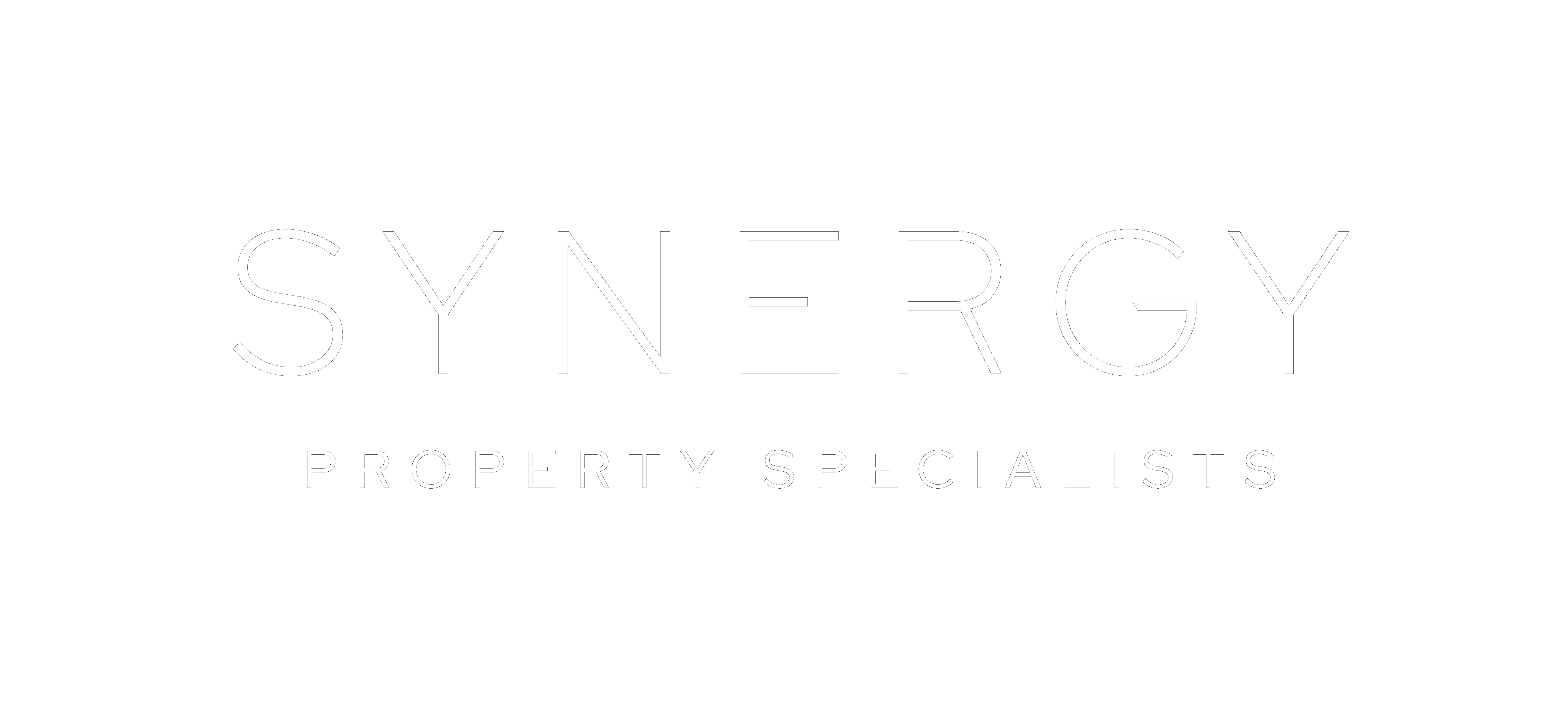You’ve signed on the dotted line and are now the proud owner of an investment property. But what happens next? How does an investment property turn into a rental property?
As per the Fire and Rescue Service Amendment Act 2006, every domestic dwelling in Queensland must also have smoke alarms.
The minimum legislative requirement is one nine-volt battery-operated smoke alarm for each level of a property – for example if the property is two-storey, two alarms will be required. These batteries usually have a one year life span.
For rental properties, it is recommended lessors consider installing either a tamper-proof smoke alarm complete with lithium battery that lasts up to 10 years and does not need to be changed for the life of the alarm; or a hard wired 240-volt smoke alarm which has a nine-volt battery back-up that will require changing at least once a year.
“Before a tenancy starts the lessor must have the smoke alarm tested and cleaned in accordance with manufacturers’ instructions. During the tenancy, the tenant is response for replacing smoke alarm batteries or advising the lessor as soon as possible if the smoke alarm has failed,” Ms Mercorella said.
The State Government’s pool fencing legislation requires every residential pool in Queensland to be fenced. As well as maintaining the fence, the REIQ also recommends lessors have the pool fence professionally checked.
Ms Mercorella said before a tenancy begins, under the Residential Tenancies and Rooming Accommodation Act, the lessor must make sure that the property is clean, fit for a tenant to live in and, together with inclusions, is in a good state of repair.
If fittings such as a dishwasher or an air-conditioner are supplied at the beginning of a tenancy the lessor has a legal obligation to maintain them throughout the tenancy.
“The Residential Tenancies and Rooming Accommodation Act is very clear on this. If lessors don’t want to maintain fittings such as a dishwasher then they should be removed before the property is offered for rent,” Ms Mercorella said.
“The lessor must also supply a key for each lock and, if there is more than one named tenant, they must supply entry keys that allow independent access to all other named tenants.”
Lessors also need to have a good look at their investment property and identify any potential dangers, such as pavers that are loose, or nails sticking out of fences that may injure people. Any potential safety hazards must be rectified so that the property is a safe place for a tenant to live.
It is also highly recommended that lessors have valid public liability insurance cover (minimum $10 million), as well as building insurance and landlords’ insurance which, depending on the policy, can cover such things as damage and rent default in an investment property.
Make sure you choose a REIQ accredited agency when you appoint a property manager for your investment property.
This article supplied courtesy of REIQ

